Degree Programs



Experts meet in our school to provide advice on the development of Political Science
On the morning of May 19, 2019, an expert meeting was held in conference room C501 of the Sino-French Center, to provide advice on the development of Political Science of our school. Participating experts included: Liu Yu’an, a professor at Shandong University and a member of the Political Science Discipline Appraisal Group of the State Council Academic Degrees Committee (hereinafter referred to as “the Appraisal Group”); Ma Depu, a professor at Tianjin Normal University and a member of the Appraisal Group; Jia Qingguo, a professor at the School of International Relations, Peking University and a member of the Standing Committee of the National Committee of the CPPCC; Yan Jirong, a Changjiang distinguished professor and Executive Vice Dean of the School of Government, Peking University; Prof. Sun Tao, Dean of the Zhou Enlai School of Government, Nankai University; Prof. Zhang Zhenjiang, Dean of the School of International Studies, Jinan University; Prof. Dai Changzheng, Dean of the School of International Relations, University of International Business and Economics. The meeting was moderated by Tongji Distinguished Professor Men Honghua, Dean of the School of Political Science & International Relations and President of the Institute for China & World Studies, Tongji University. Prof. Jiang Bo, Vice President of Tongji University, participated in the discussion all the way.
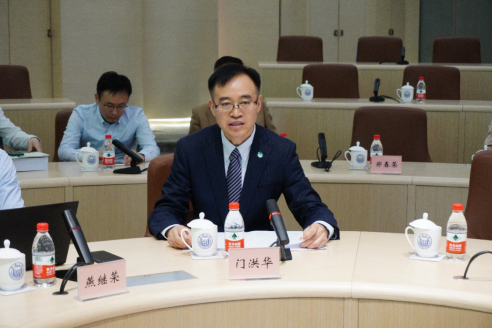
Dean Men first expressed his warm welcome and sincere thanks to all the experts for coming. He believed that the 10th anniversary of the school was a new start for the political science discipline in Tongji University, and the experts’ advice and guidance would help the school achieve leapfrog development by defining development goals, drawing on valuable experience, and forming innovative ideas.
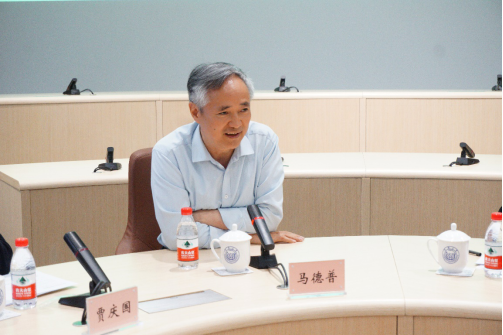
The rise of China and the changes in the international situation are indicating the arrival of a new era, which has put forward new tasks and given new development opportunities for the study of political science in China. From China’s perspective, especially in the context of traditional Chinese culture, the study of political science should break through the monopoly of the Western discourse system to achieve greater development, Prof. Ma Depu said. To promote the continuous progress of the first-level discipline of political science, efforts should be made to ensure the complementarity of various research directions, consolidate the foundation of theoretical study, and maintain a healthy relationship between discipline characteristics and balanced development, he believed.
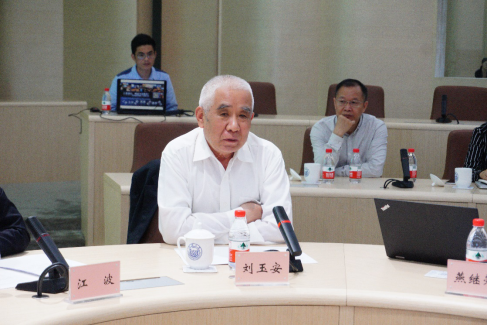
Prof. Liu Yu’an pointed out that discipline development cannot go against the trend, but scholars should not “follow suit” in an ever changing world. In an impetuous era, scholars should have the spirit of “sitting on the back seat willingly” while sticking to the bottom line and remaining true to their original aspirations. Institutional norms play a vital role in discipline development. When setting a research direction, emphasis should be laid to reflect its own advantages and characteristics, rather than trying to cover all aspects.
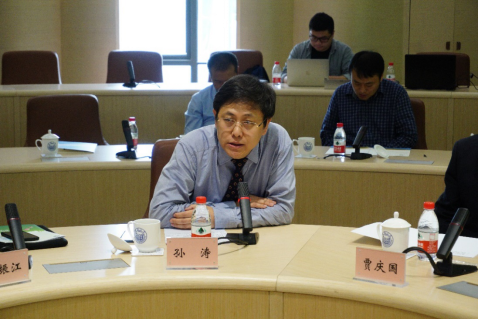
Prof. Sun Tao introduced the past experience of discipline development in the Zhou Enlai School of Government at Nankai University, especially the establishment of “new liberal arts” by upholding the basic concept of “global vision + local development”. With a focus on the “national governance system”, it coordinates various disciplines to carry out governance research at the “global, government, society and urban” levels. It stresses a professional and interdisciplinary approach to talent cultivation, and step up efforts in the international cooperation programs. Finally, he said that under the “Double First-Class” initiative, the talent competition will become increasingly fierce, highlighting the importance of innovation policy and resource support.
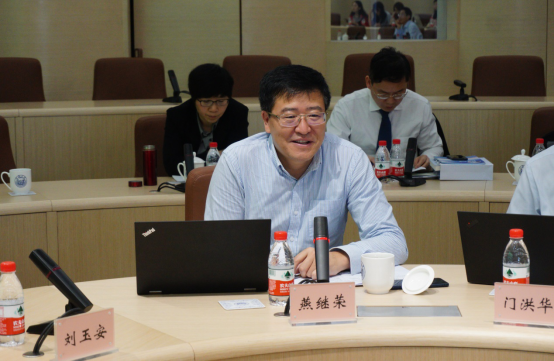
Prof. Yan Jirong said that internal coordinated management and resource integration should be guaranteed for discipline development and appraisal. To develop a world-class discipline, efforts should be made to: (i) form a complete discipline system by shaping a framework that includes both basic and applied disciplines; (ii) have clear ideas and sound plans for discipline development; (iii) build up core competence with distinctive features and obvious advantages; (iv) expand international influence. Then, Prof. Yan offered valuable suggestions on second-level discipline setting, talent cultivation, team building, and institutional improvement, etc.
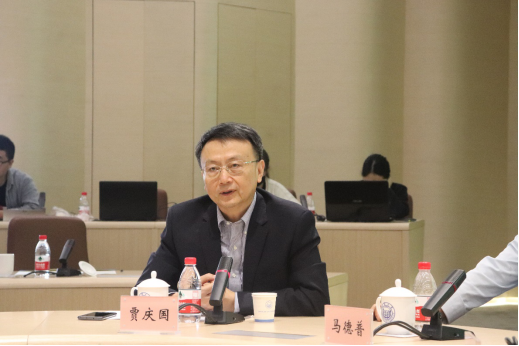
Prof. Jia Qingguo shared four points of view. First, we should adopt an open and pragmatic spirit during the development of a school or a discipline. Second, we must conform to both the domestic and international trends. Third, in response to the country’s major practical needs for talents, we must balance foundation and application, with an emphasis on interdisciplinary development. Fourth, we should take an unbiased attitude when setting key development directions, encourage competition, and give incentive to those with outstanding performance in terms of resource allocation. In short, we must go with the flow, act smartly, and leverage what is available.
In closing, Dean Men made a summary and expressed his gratitude to the experts again for coming and for their long-term guidance, support and help. Thanks to their valuable suggestions, Tongji’s political science discipline will enter a new stage of development.